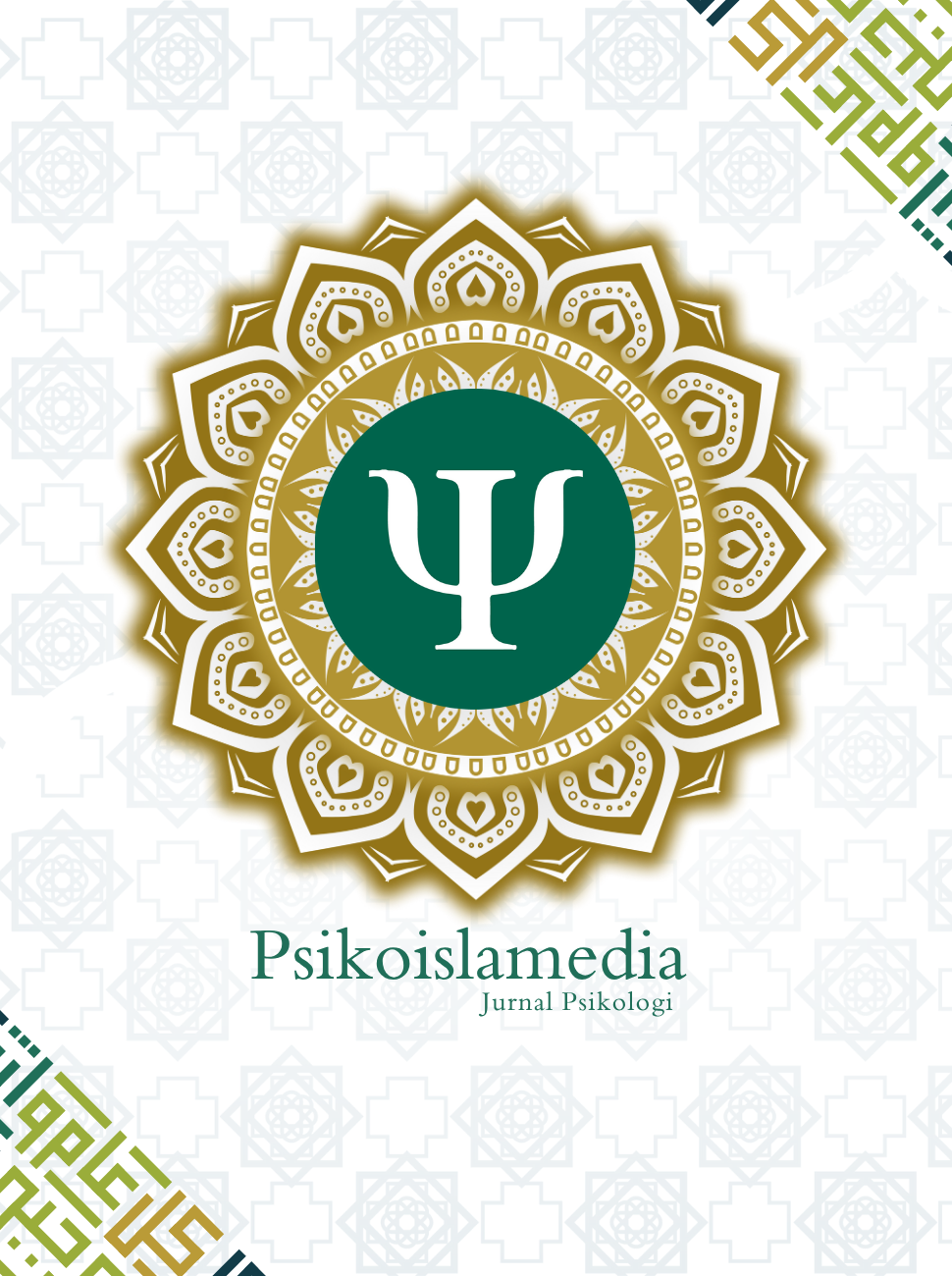AN ASSESSMENT OF TEACHERS’ COPING MANAGEMENT OF PERCEIVED STRESS AND FEAR OF THE UNKNOWN
DOI:
https://doi.org/10.22373/psikoislamedia.v5i2.8106Keywords:
COVID-19, education, teachers’ stress management, mindfulness and self-compassionAbstract
Amidst the burgeoning research currently conducted on the effects of COVID-19, this study looks particularly at teachers’ stress and anxiety during a time of heightened global uncertainty, which also strongly affects educational processes. The paper draws on data provided through online questionnaires, and follow-up interviews with teachers at a variety of educational institutions in Japan, the Philippines, and eight other countries. Findings from 100 respondents include details regarding the extent and distribution of various behaviors and emotional tendencies gained from quantitative analysis, and additional follow up questions, all conducted online. Numerous strategies for combatting the negative impact of COVID-19 are presented, and a variety of individual responses to this predicament is stressed. The study confirms that COVID-19 is having an unprecedented impact on education, affecting not only students but teachers as well. Thus, the study aims to both assist in alleviating the negative impacts on teachers’ wellbeing and to provide helpful insights that contribute to the body of knowledge on teachers’ coping management of perceived stress and anxiety.
References
Da Costa Andres, F., Andres, S. C., Moreschi, C., Rodrigues, S. O., & Ferst, M. F. (2020). A utilização da plataforma Google Forms em pesquisa acadêmica: relato de experiência. Research, Society and Development, 9(9), e284997174-e284997174.
Duchrarme, H. (2020). World Health Organization Declares COVI-19 a ‘Pandemic.” TIME. Retrieved from https://time.com/5791661/who-coronavirus-pandemic-declaration/
Egerter, S., Braveman, P., Sadegh-Nobari, Y., Grossman-Kahn, R., & Dekker, M. (2011). Education and Health: Robert Wood Johnson Foundation.
Japan, P. M. O. o. (2020). Avoid the Three Cs. Retrieved from https://corona.go.jp/prevention/pdf/en.cluster2.pdf
Japan Times. (2020a). "Japan reports 20th case of coronavirus as Abe vows new steps to combat outbreak".
Japan Times. (2020b). "South Korea says Chinese tour guide arriving from Japan found to be infected with coronavirus".
Kodachi, H. (2020). COVID-19 worsens education inequality between rich and poor. Nikkei Asian Review. Retrieved from https://asia.nikkei.com/Spotlight/Datawatch/COVID-19-worsens-education-inequality-between-rich-and-poor
Kowald, M., & Axhausen, K. (2016). Qualitative Interviews on the Formation and Maintenance of Social Networks as a Foundation for Quantitative Survey Instruments. In Social Networks and Travel Behaviour (pp. 45-64): Routledge.
KyodoNews. (2020). PM Abe asks all schools in Japan to temporarily close over coronavirus. Kyodo. Retrieved from https://english.kyodonews.net/news/2020/02/c3c57bbce11d-breaking-news-govt-will-ask-all-schools-in-japan-to-shut-for-virus-fears-abe
Lieberman, M. (2013). Social: Why our brains are wired to connect. New York: Crown.
Mason, J. (2002). Linking qualitative and quantitative data analysis. In Analyzing qualitative data (pp. 103-124): Routledge.
Miks, M., & Mcilwaine, J. (2020). Keeping the world’s children learning through COVID-19. UNICEF Website [20/04/2020]. Available:, Accessed on, 6(05).
Morris, S. (2019). An interview with Sarah Mercer on language learner and teacher well-being. Relay Journal, 2(2).
Naderifar, M., Goli, H., & Ghaljaie, F. (2017). Snowball sampling: A purposeful method of sampling in qualitative research. Strides in Development of Medical Education, 14(3), 1-6.
Reis, H., & Shaver, P. (1988). Intimacy as an interpersonal process. Fn S. Duck (Ed.), Handbook of Personal Relationships (pp. 367-389). In: Chichester, England: Wiley.
Ryan, R. M., & Deci, E. L. (2017). Self-determination theory: Basic psychological needs in motivation, development, and wellness: Guilford Publications.
Ryan, R. M., & Solky, J. A. (1996). What is supportive about social support? In Handbook of social support and the family (pp. 249-267): Springer.
Sekizuka, T. (2020). Haplotype networks of SARS-CoV-2 infections in the Diamond Princess cruise ship outbreak. Prime Minister of Japan and His Cabinet. Retrieved from https://japan.kantei.go.jp/98_abe/actions/202001/_00034.html
Spitz, R. A. (1965). The first year of life: A psychoanalytic study of normal and deviant development of object relations.
Sullivan, C. (2011). Psychological Society offers 40 tips for top mental health. Retrieved from http://www.irishexaminer.com/news/arid-20146926.html
UNESCO. (2020). Educational disruption response COVID-19 Educational Disruption and Response.
Valerio, M. A., Rodriguez, N., Winkler, P., Lopez, J., Dennison, M., Liang, Y., & Turner, B. J. (2016). Comparing two sampling methods to engage hard-to-reach communities in research priority setting. BMC medical research methodology, 16(1), 146.
Downloads
Published
Issue
Section
License
Authors who publish in this Journal agree to the following terms:
- Authors retain copyright and grant the journal right of first publication with the work simultaneously licensed under Attribution-ShareAlike 4.0 International (CC BY-SA 4.0) allows others to share the work with an acknowledgment of the work's authorship and initial publication in this journal.
- Authors are able to enter into separate, additional contractual arrangements for the non-exclusive distribution of the journal's published version of the work (e.g., post it to an institutional repository or publish it in a book), with an acknowledgment of its initial publication in this journal.
- Authors are permitted and encouraged to post their work online (e.g., in institutional repositories or on their website) prior to and during the submission process, as it can lead to productive exchanges, as well as earlier and greater citation of published work. (See The Effect of Open Acces)














